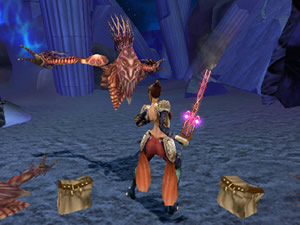9

Sylvox’s 2025 range of waterproof gaming TVs are designed for outdoor entertainment without compromise. For gamers looking to check all…
7

Huion has been on a roll with its drawing tablets, impressing me at every turn. The company might not be…
9

The BOYAMIC 2 isn’t playing around with its touted set of features. Standouts include the “AI-powered noise cancellation,” generous multi-device…







